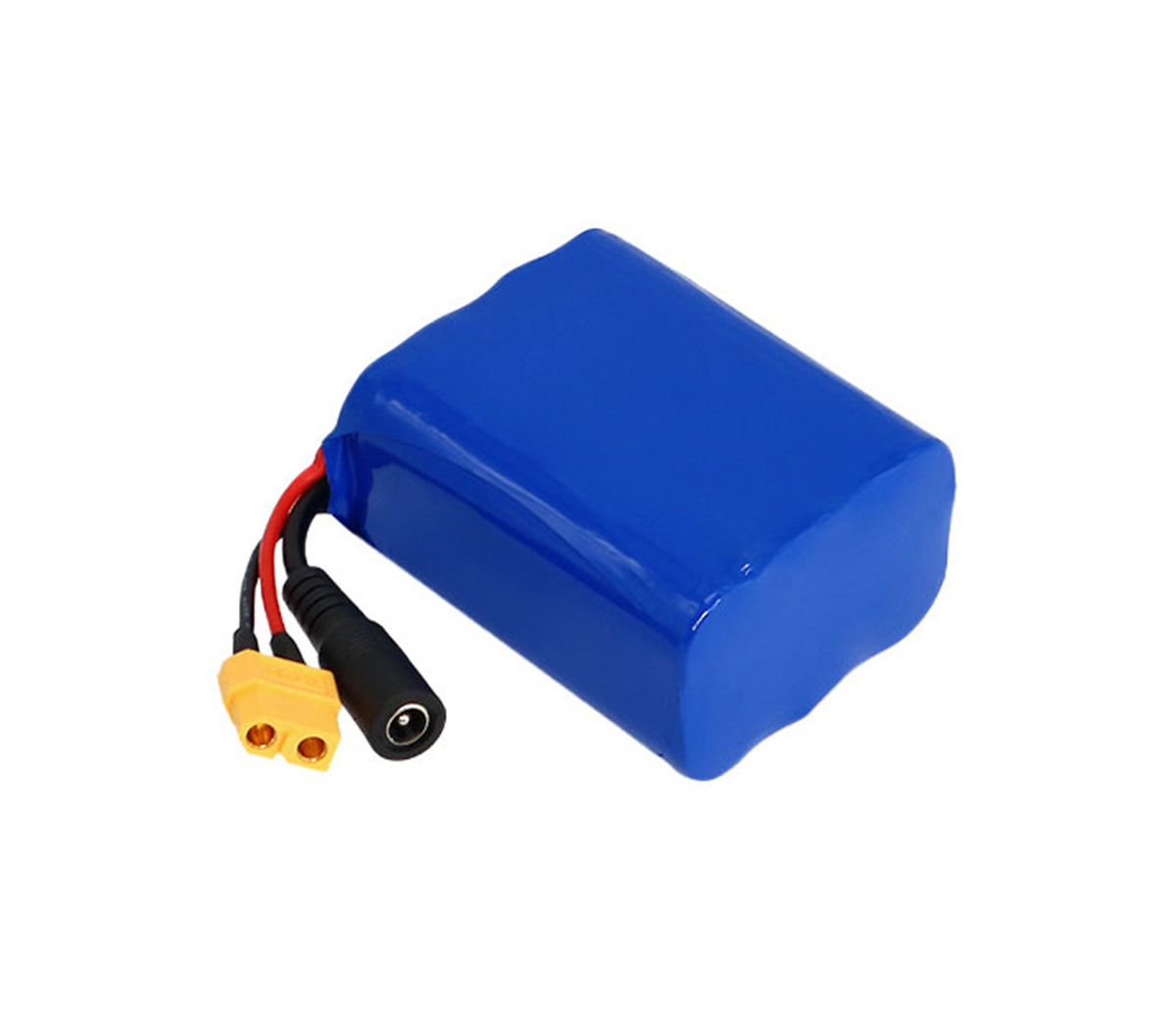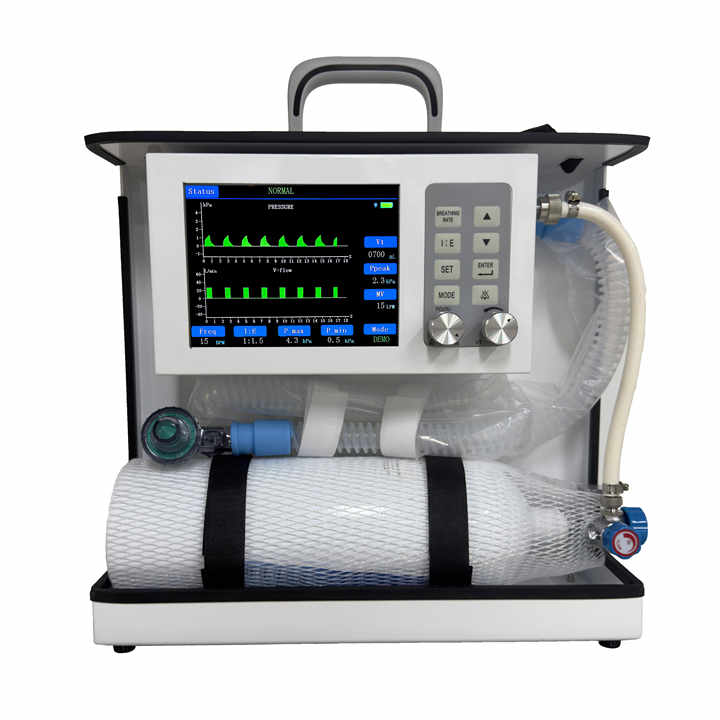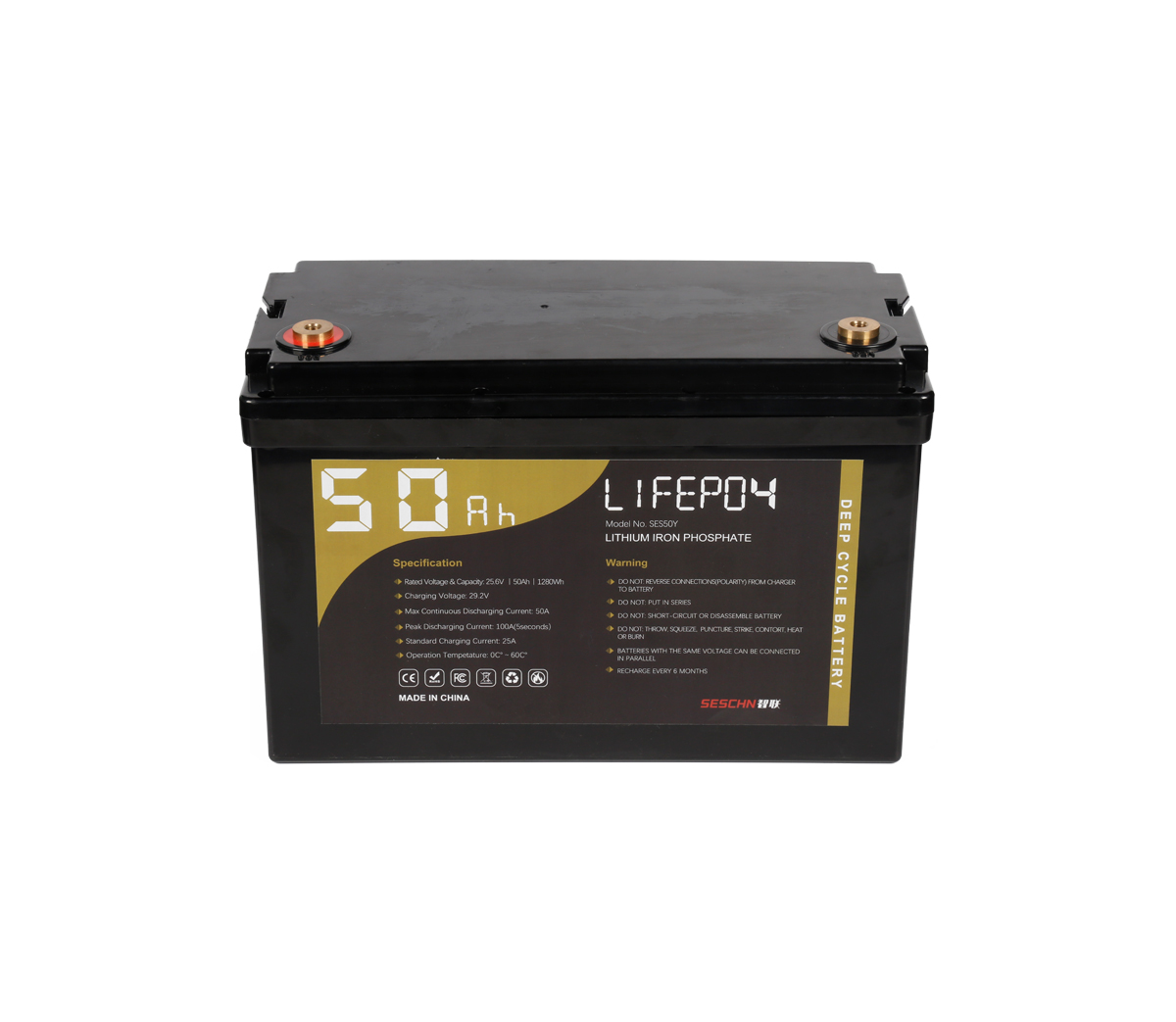Why is the development of lithium-ion battery technology slow?
In the past seven years, mobile phones have completed the transformation
from feature phones to smart phones, and the role of mobile phones in life is
becoming more and more important. However, the development of mobile phones is
changing with each passing day, and the performance and other aspects have been
developed by leaps and bounds. Only the battery technology has been developing
slowly, which has also become an important factor restricting the further
development of mobile phones.
Development history and current situation Lithium battery was the earliest
application in cardiac pacemakers. The self-discharge rate of the lithium
battery is extremely low, and the discharge voltage is gentle, etc., so that the
pacemaker implanted in the human body can operate for a long time without
recharging. Lithium batteries generally have a nominal voltage higher than 3.0
volts and are more suitable for integrated circuit power supplies. Sony
successfully developed lithium-ion batteries in 1991. Its commercialization has
greatly reduced the weight and volume of people's portable electronic devices
such as mobile phones, notebooks, and calculators. But after nearly two decades
of development, whether it’s smart phones, tablet computers, or today’s
extremely popular Tesla electric cars, the lithium battery technology used in
all electronic devices is in technical use with the lithium-ion battery
developed by Sony. There is no essential difference. Lithium battery technology
seems to have entered a dead end, from the promoter of the electronics industry
to the restrictor of the industry. Battery Tesla’s super-large lithium
battery pack But don’t be blindly pessimistic. In these two decades, lithium
battery technology has not completely stagnated. After years of technological
expansion, lithium battery technology has made considerable progress. Especially
in terms of charging efficiency, battery capacity, heating and cooling, etc.,
traditional lithium batteries have also performed better and better. In
addition, with the rise of the electric vehicle industry, the innovation and
development of lithium battery technology will be accelerated. If you want to
achieve revolutionary changes, you need to wait slowly. Technology
bottleneck Since the lithium battery technology has reached the development
bottleneck, is there any other type of chemical battery that can replace it? For
now, the answer is no. Lithium battery is the battery with the best
performance among all the commercial secondary chemical batteries so far. Its
main characteristics are: high specific energy, long cycle life, wide charging
power range, and good rate discharge performance. Although there are many
advantages of lithium batteries, there are still many problems to realize
large-scale and large-capacity use. The number of lithium ions in a lithium
battery is fixed. If you want a longer battery life, you must increase the
number of batteries, but this in turn means heavier equipment, greater heat
generation, and a higher possibility of overheating and explosion. This is also
the main reason why many mobile phones have become a "hand warmer" after heavy
use. If you want to be safer or more portable, you must sacrifice the number of
batteries and use time. Battery OPPO flash charging technology As there is no
other material that has better battery performance than lithium batteries for
the time being, many mobile phone manufacturers have begun to change their
thinking to solve this problem, such as OPPO’s VOOC flash charging technology,
which can be within 30 minutes according to the official introduction. Charging
up to about 75%, while solving the heating problem of fast charging, ensuring
absolute safety, this method is to improve the charging efficiency, and it is
worthy of vigorous promotion. For another example, although the wireless
charging technology driven by Nokia is not yet mature, the charging efficiency
needs to be improved. However, the idea is very good. In the future, it can
develop to a wireless charging technology that does not perceive a large range
and break the inherent charging limit. Whether the lithium battery technology
can continue to develop in the future will be affected by both positive and
negative aspects: one aspect is emerging industries such as smart phones and
electric vehicles, which continue to expand demand and promote the rapid growth
of the lithium battery industry share, while various technology companies
increase battery technology This will greatly promote the development of lithium
battery technology. On the other hand, as the energy problem of human society
intensifies, people’s desire for new energy is very urgent. Will there be a more
efficient product to replace lithium batteries in the future. However, the
former of these two aspects is inevitable at present, while the latter is
unknown. Summary At this stage, many new battery solutions have emerged. The
battery technology update is a long one. In addition to the technology reaching
the commercial level, it is also necessary to replace the batteries of a large
number of electronic products and equipment on the market. But we still hope
that this day will come.


































